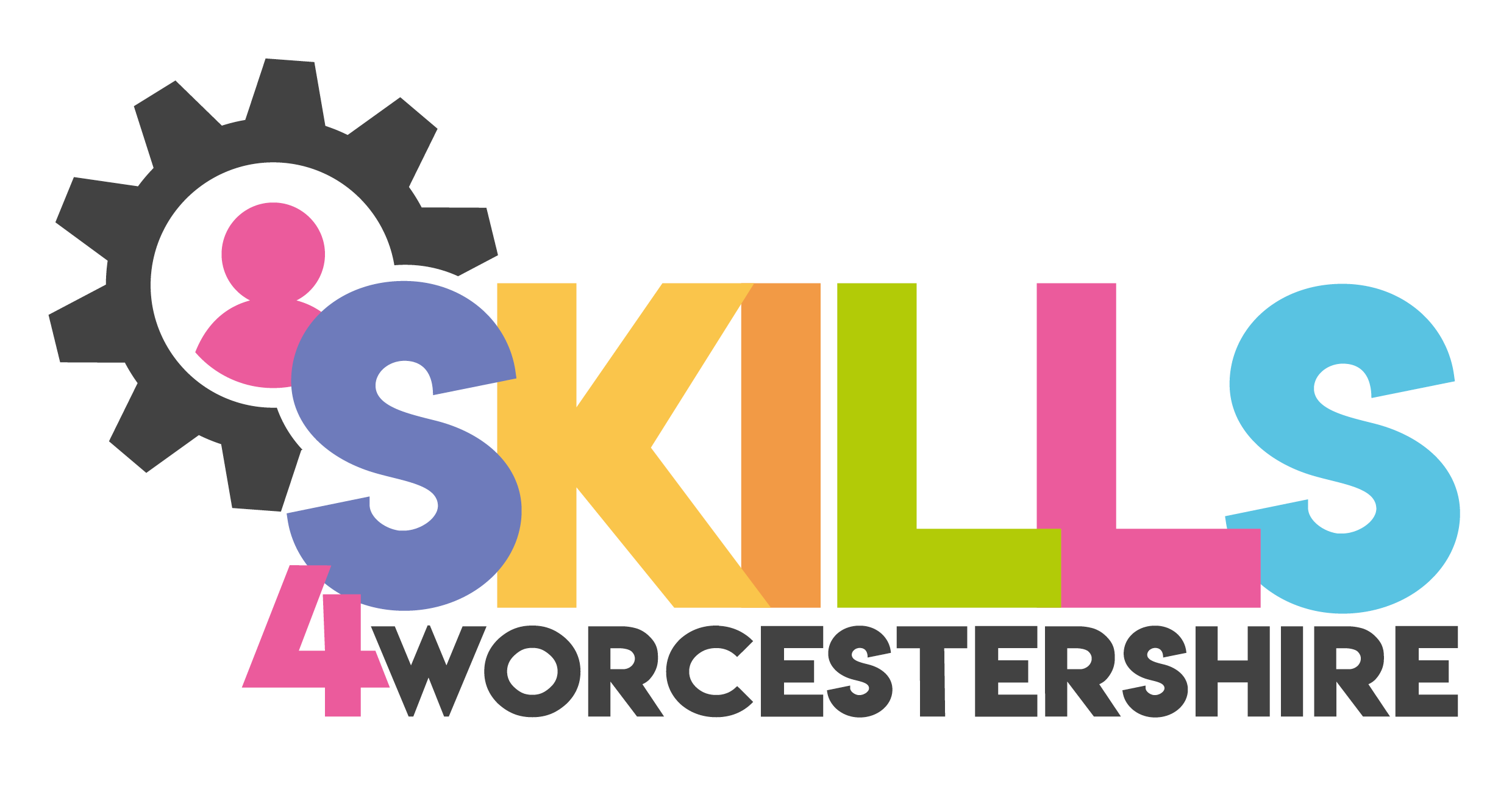
Accessible Apprenticeships
An Accessible Apprenticeship is a flexible, bespoke programme designed for those with additional learning needs and disabilities.
What is an Accessible Apprenticeship?
An Accessible Apprenticeship is a flexible, bespoke programme designed for those with additional learning needs and disabilities
Almost all Apprenticeships can be made accessible and having additional needs shouldn’t restrict people’s employment opportunities
Under section 20 of the Equality Act 2010, it is the duty of education and training providers, as well as other related service providers to make reasonable adjustments for people with learning difficulties and disabilities.

 Facebook
Facebook X
X Email
Email WhatsApp
WhatsApp Messenger
Messenger